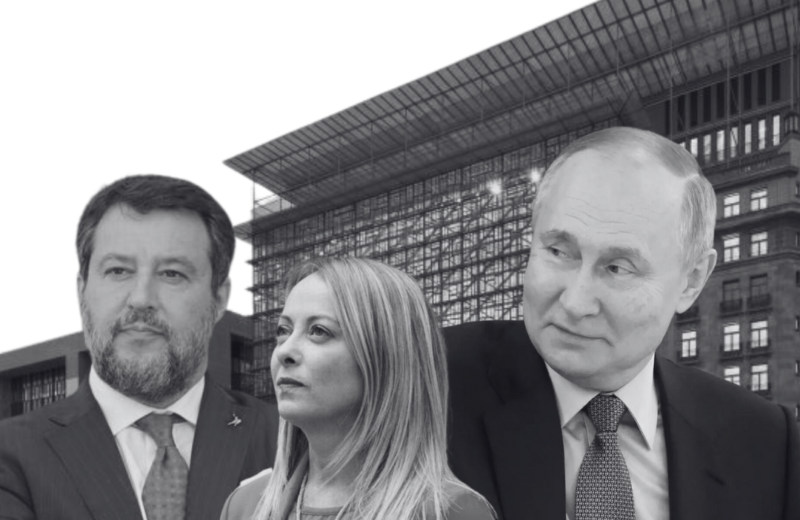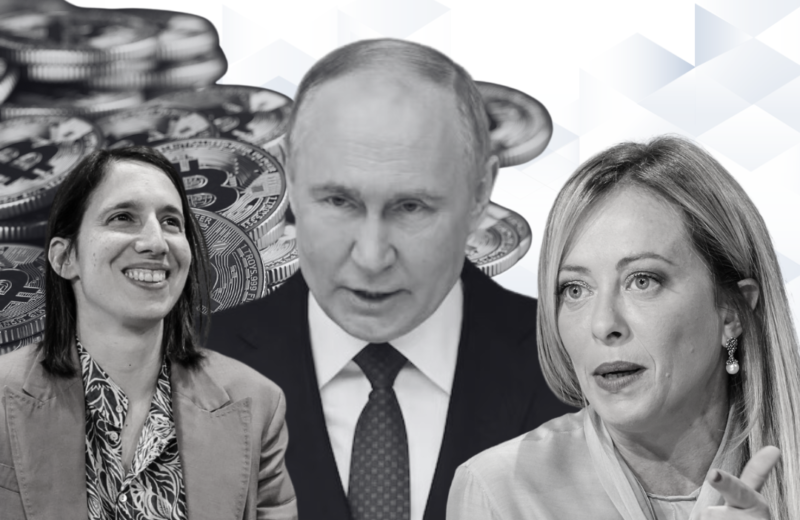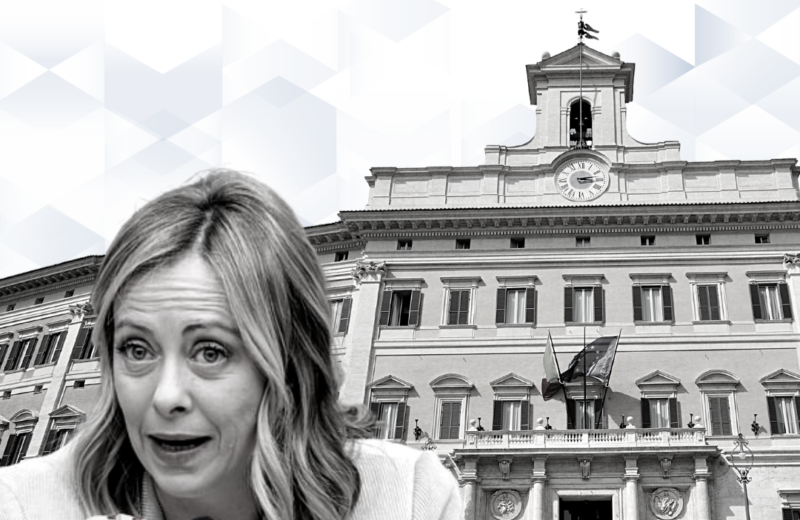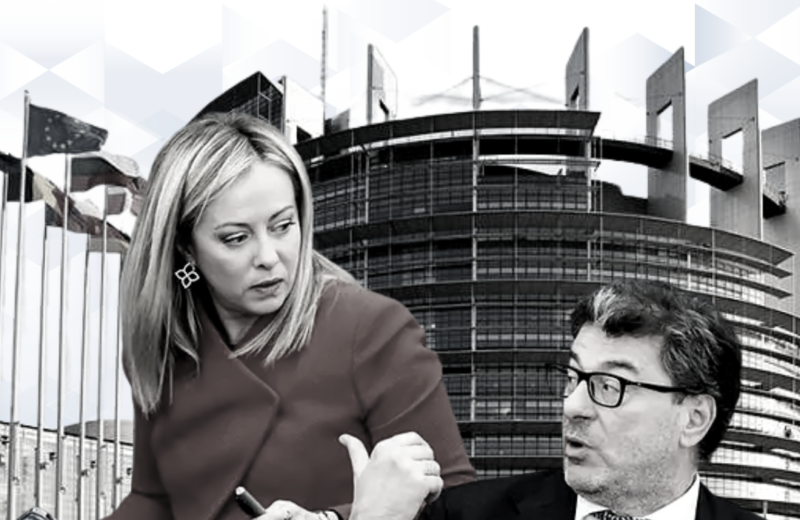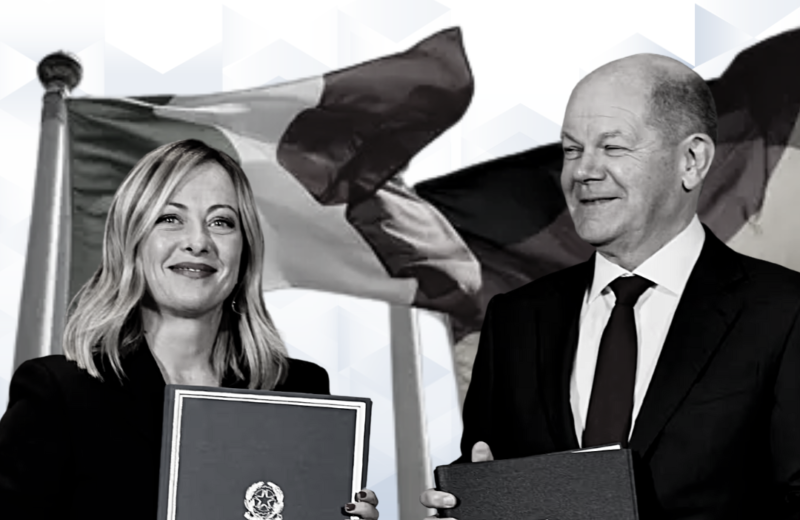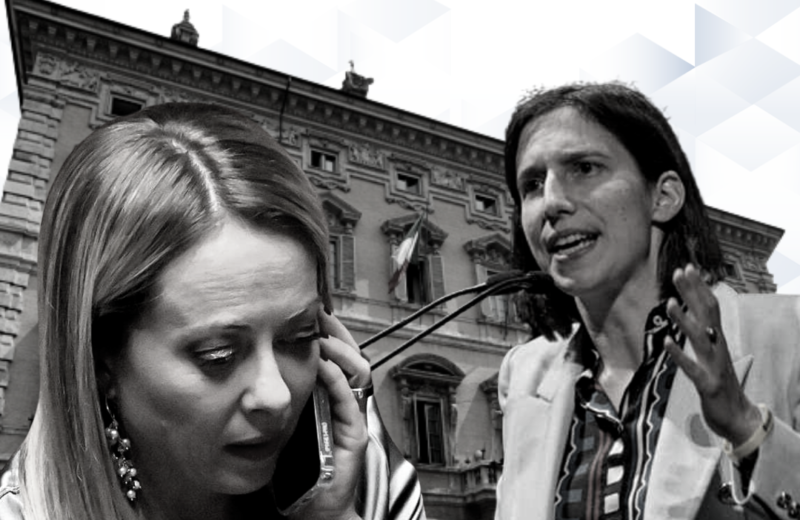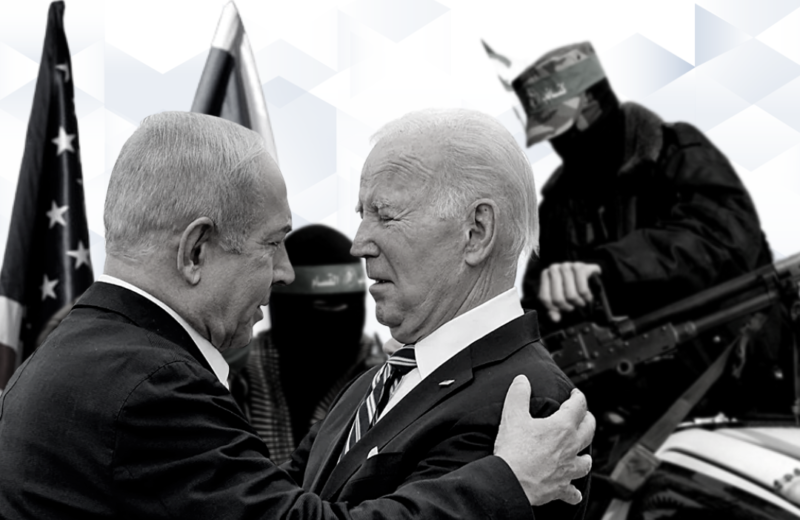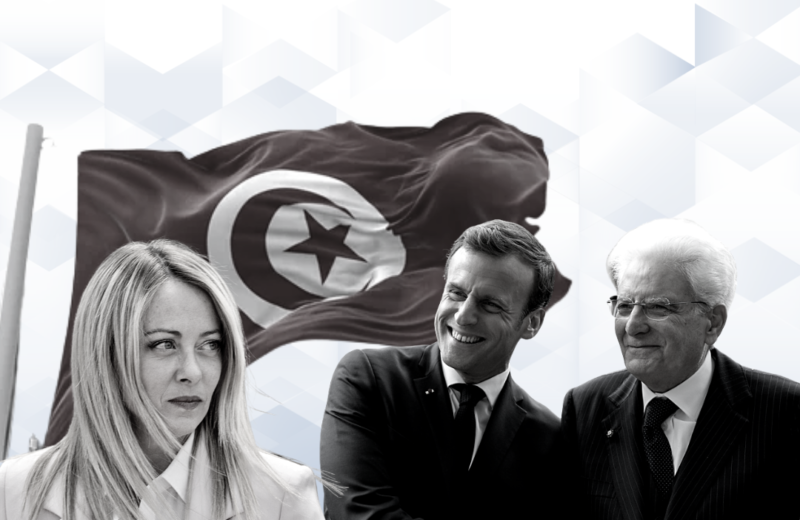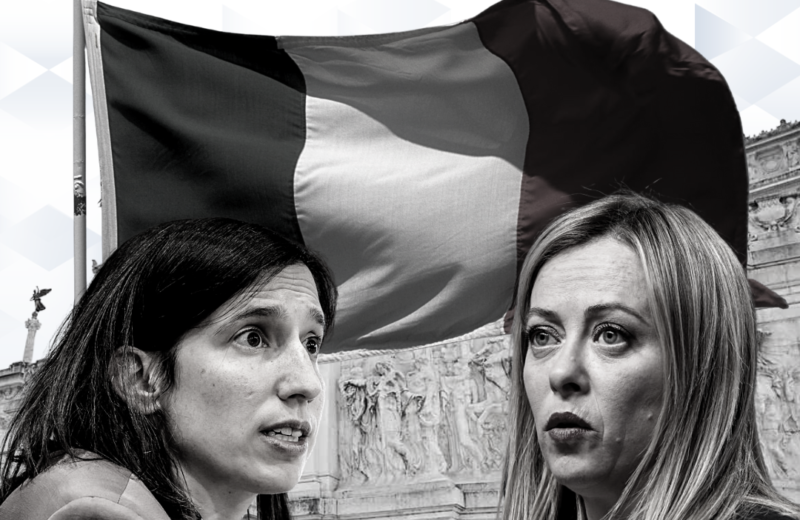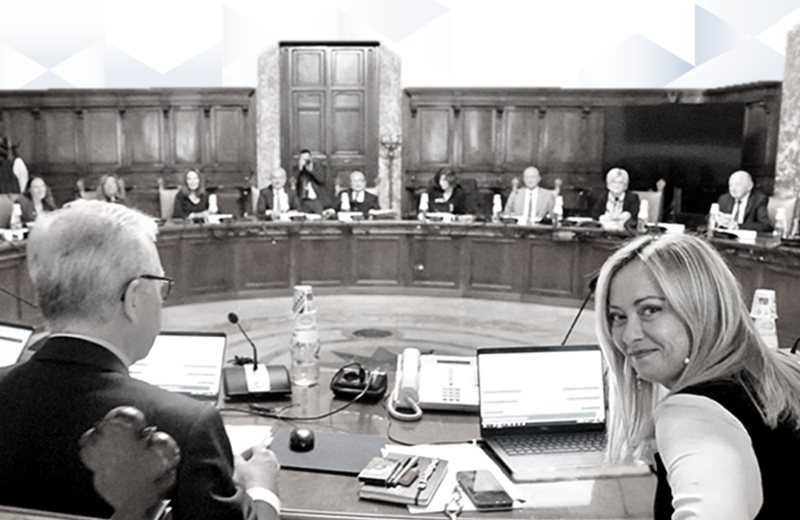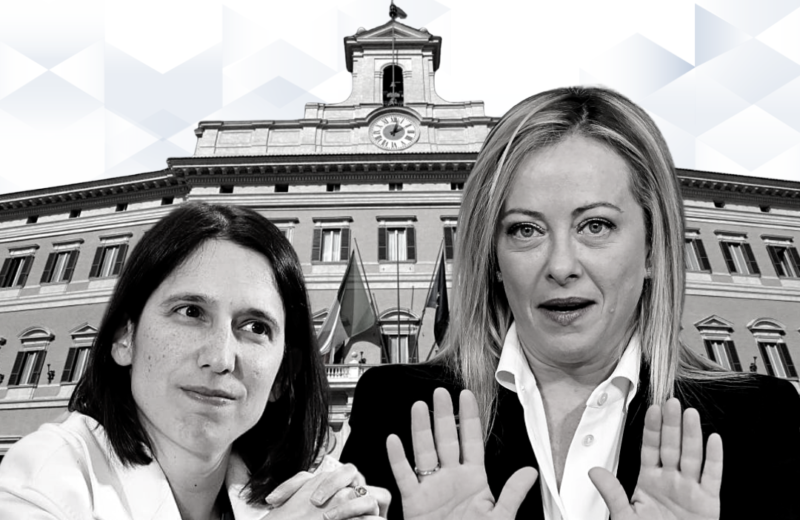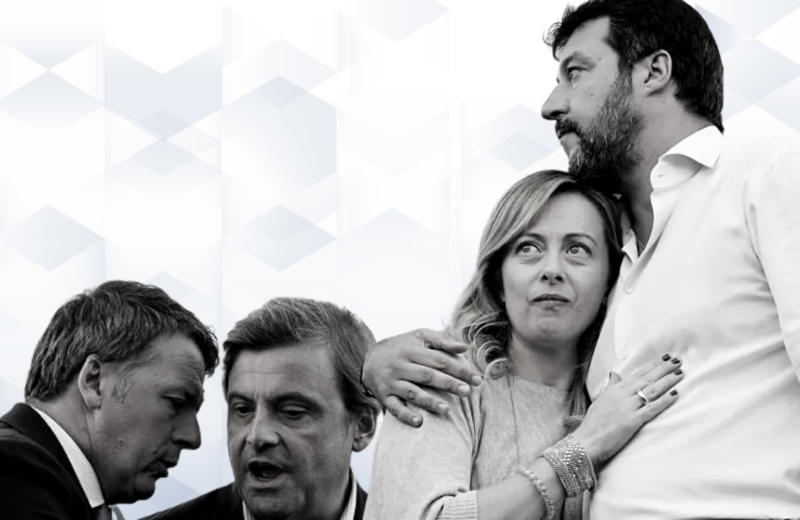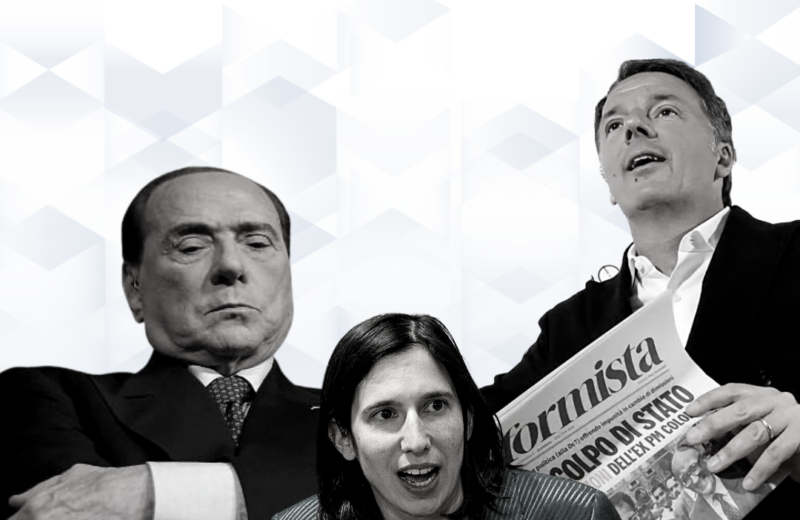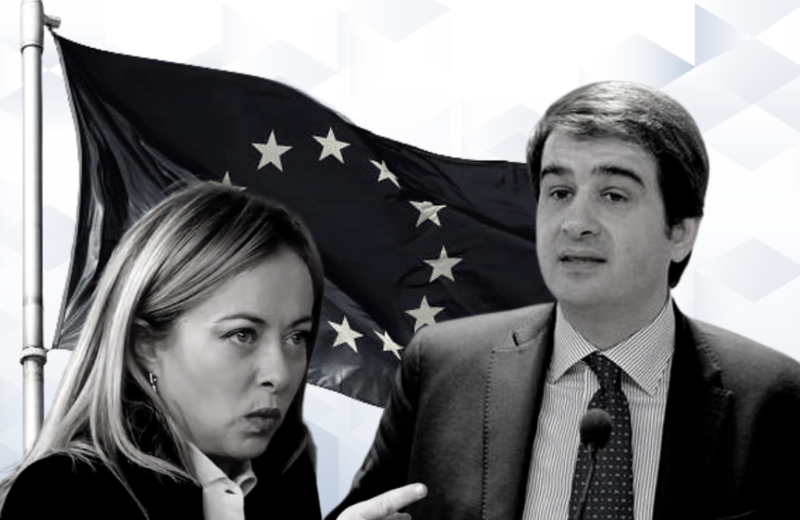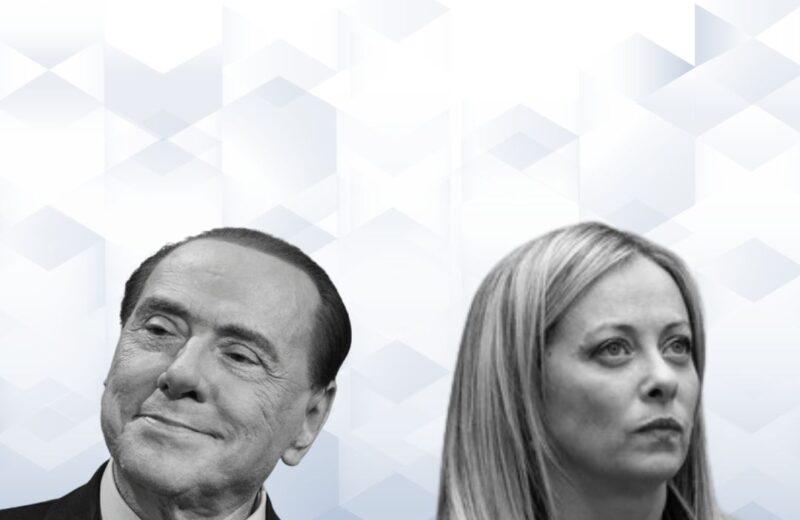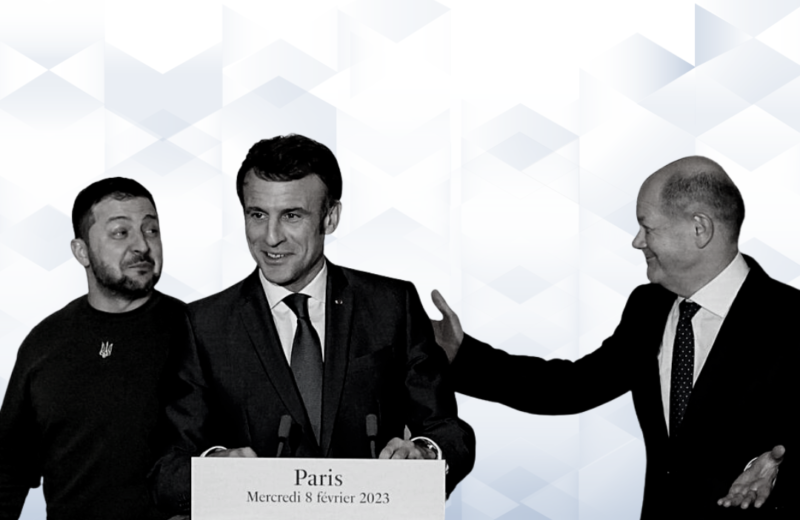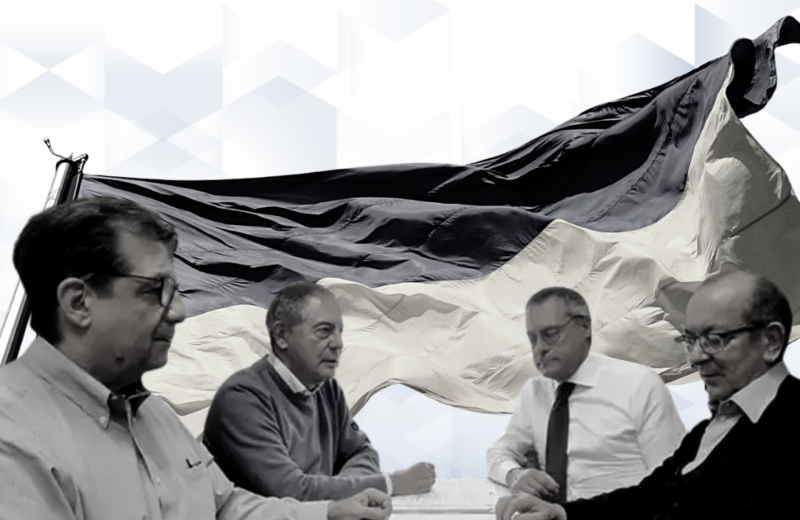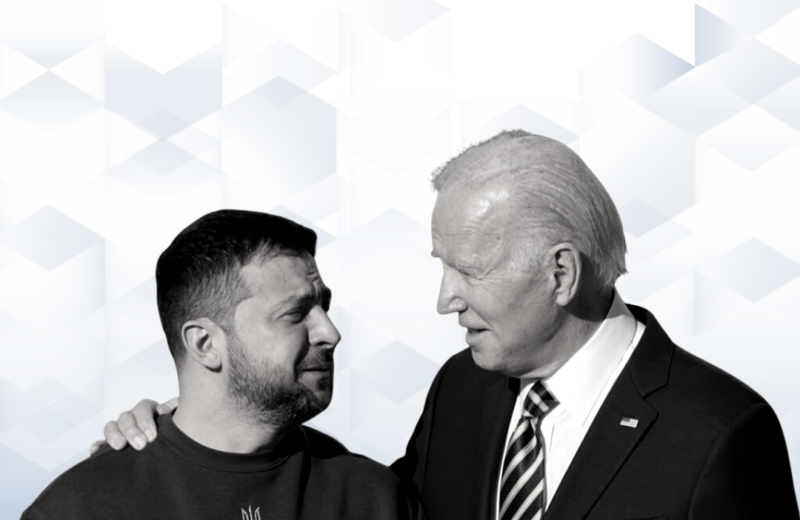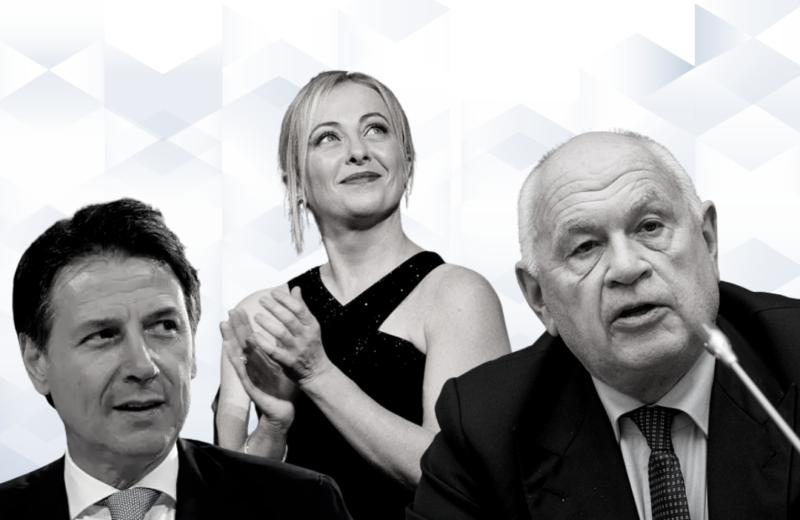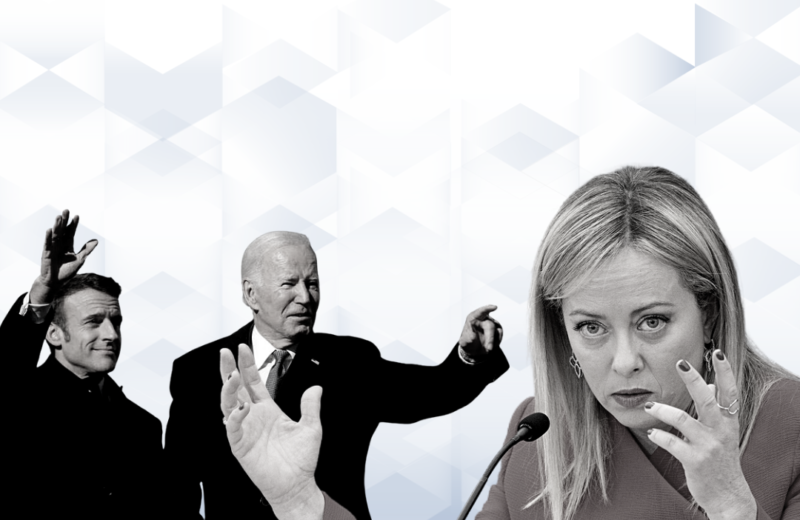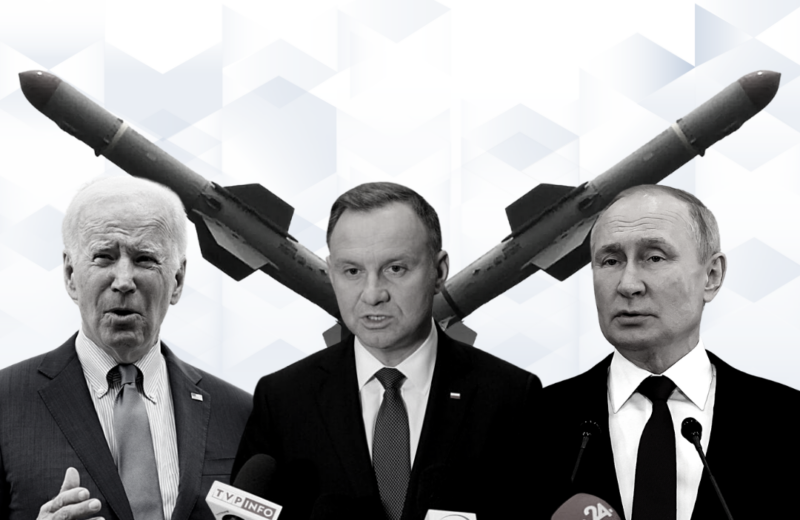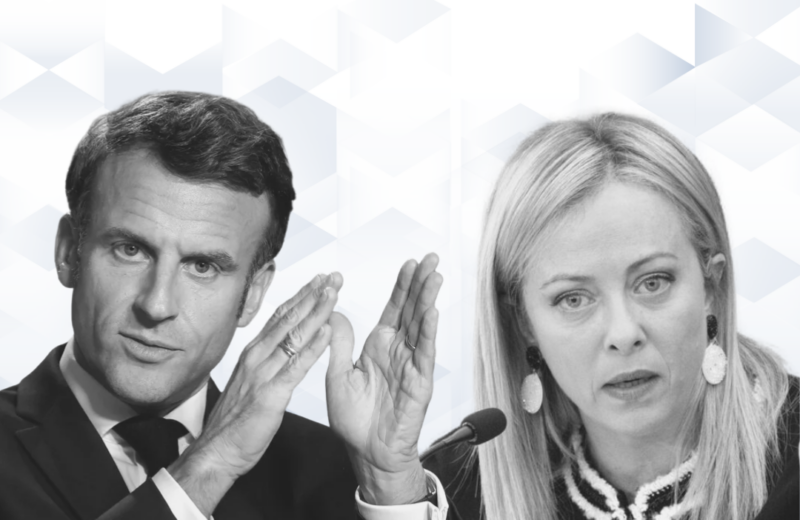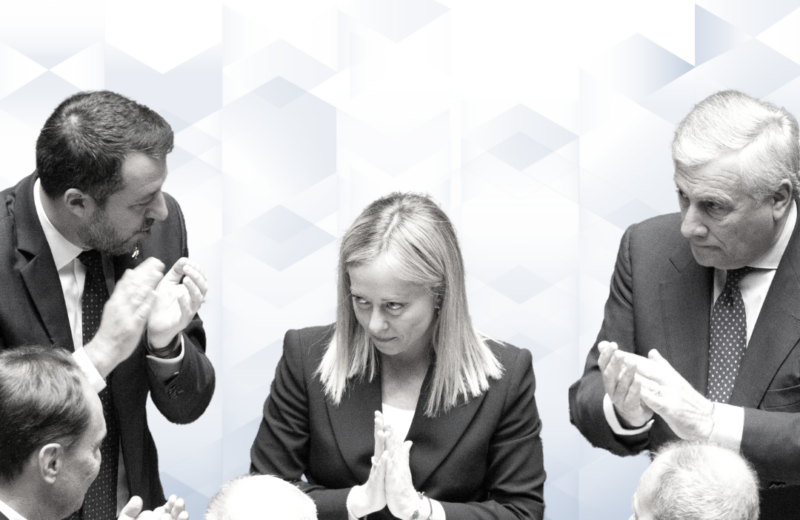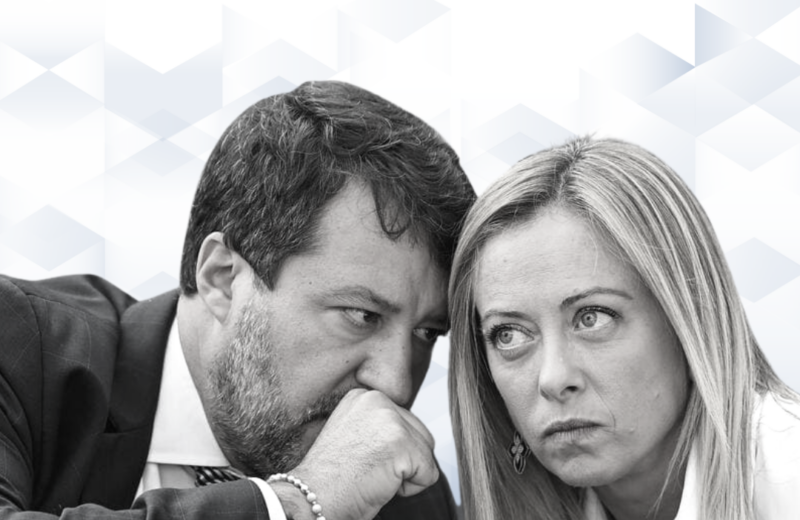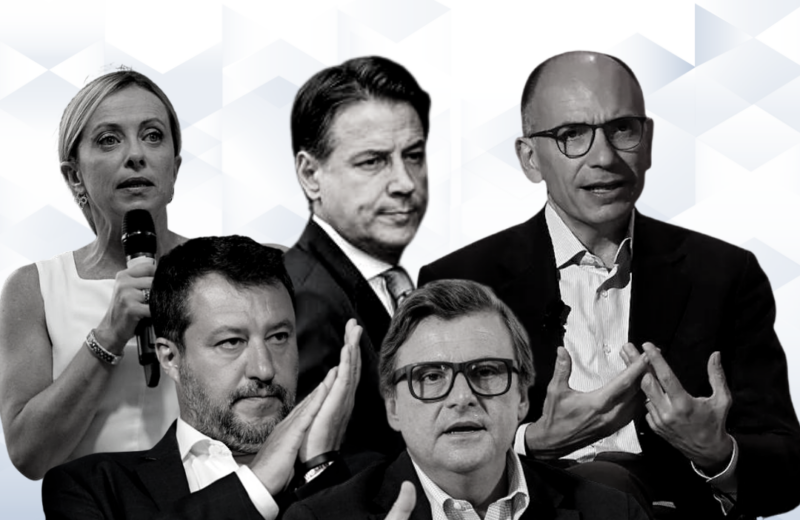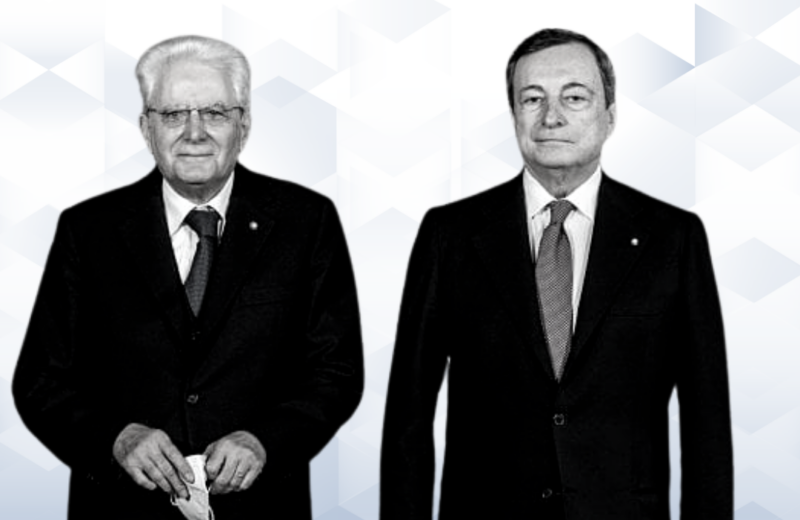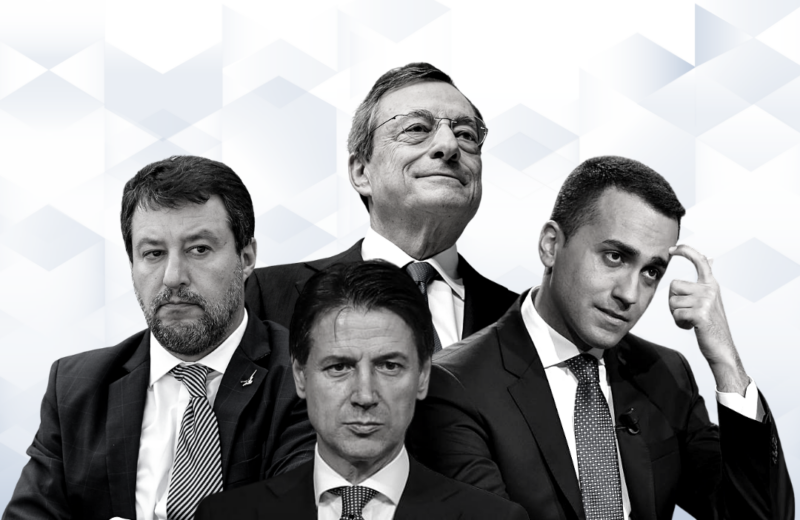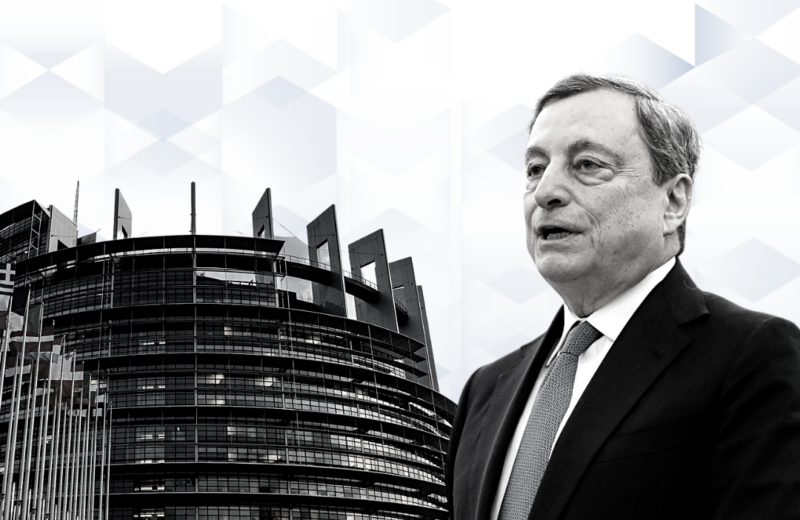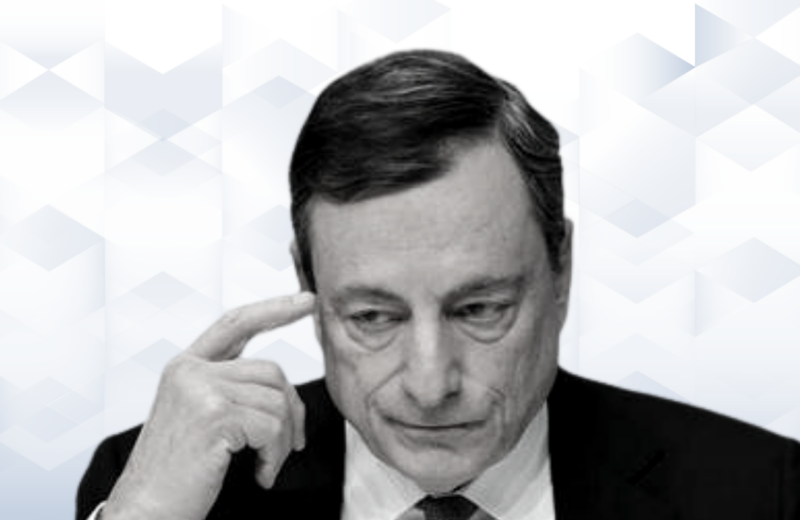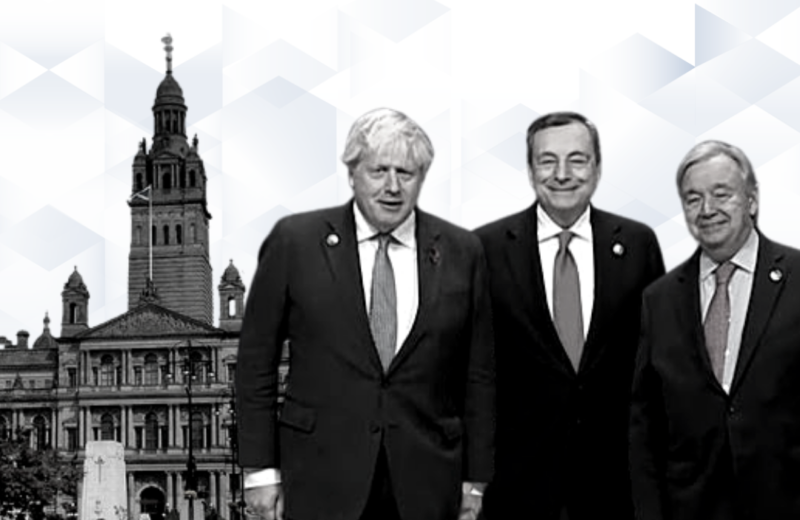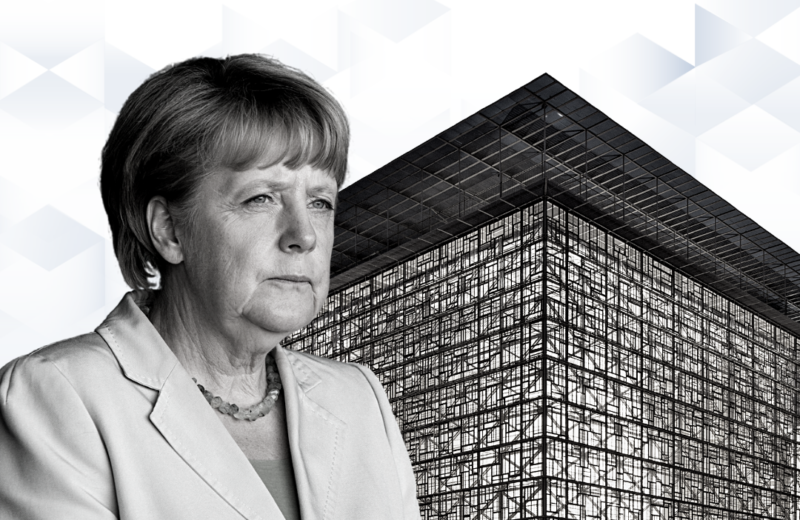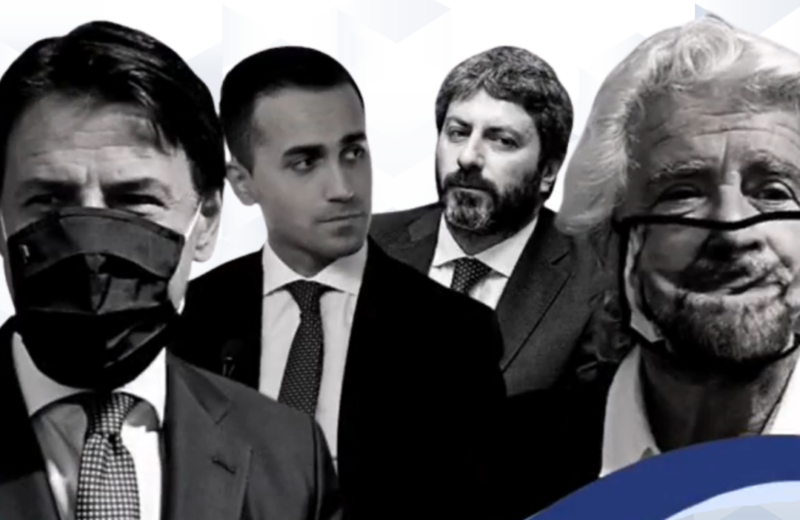The M5S’ crisis behind the support to Draghi
It is not an easy time for the M5S, one of the first anti-establishment party to reach power in Italy and Europe and, until recently, also the main political force in our country. The confidence vote to the new executive led by Mario Draghi ignited several infightings in the 5Stars soul. On the one hand, the painful idea of having to accept a definitive transformation into a traditional party, lending its support to the former head of the ECB. On the other hand, the unlikely one to break with the coalition in order to play the card of the outsider once again.
The outcome of the vote in Parliament clarifies the direction taken by the Movement and explains the ferocity of these days’ rows, despite the mediation attempts of former leader Beppe Grillo who on his blog tried to explain to M5S activists the reasons for the “new normality” of the 5Stars. Previously, the former comedian had also had to personally spend to encourage the birth of the new government, participating in the Roman consultations and confirming, albeit indirectly, the lack of true M5S political leadership. All this five years after Grillo’s formal exit from the party leadership.
In structural terms, the support to Draghi has fuelled a process that has been going on since 2018, the year of the triumphal political elections in which the M5S elected 333 MPs. This relates to the constant numerical erosion of the 5Stars groups in the Chamber and Senate on the occasion of crucial votes. Between expelled and dropouts, the 5Stars have already lost 65 MPs, a number destined to grow in the coming weeks when the sanctions will be triggered on the many dissidents who have not backed premier Draghi in Montecitorio and Palazzo Madama (almost fifty lawmakers considering opposers, abstentions and absent).
Another interesting fact to reflect on concerns the definitive exhaustion of the expansive force of the populist parties that had terrorized European chancelleries and public opinion in the last three years. The pro-Draghi U-turn paid by the M5S coincides in fact with the public profession of faith of the far-right League to the euro and the EU. From this point of view, the trajectory of the two Italian parties – especially the 5Stars – coincides almost perfectly with that of other European anti-establishment forces such as Syriza in Greece and Podemos in Spain. Movements born in open challenge to traditional parties and power management mechanisms ended up being completely absorbed by the systems they promised to subvert.
But the real legacy of the latest 5Stars breakdown concerns the future of the Movement and its leadership as well. The controversies of recent days have polarized on the line embodied by Grillo himself, who promises the transformation of the Movement into an environmentalist force, pro-Europe, and an ally of the Democratic Party, therefore definitively part of a center-left coalition in the next elections. And another of diametrically opposite sign that follows the issues of former M5S bigwig Alessandro Di Battista, who quit the party to contest the support to Draghi and demands a return to the origins as a protest force, free from the bonds of alliances and with a critical attitude towards the EU. The risk of falling into irrelevance is strong, especially when the Movement suffers a constant decline in election results and polling. This help explains why the quotations of former Prime Minister Giuseppe Conte remain strong as the last resource for a party that seems to have completely lost the driving force of recent years.



